Housing Affordability in 2023
With the rise in inflation, we saw a rapid surge in housing prices. Housing prices in October of 2022 were over 38% higher than where they were at during the start of the pandemic. Since then, prices have started to revert but remain significantly elevated. In addition, mortgage rates are at the highest level in over 20 years, further increasing the price to purchase a home. So, you may wonder, is now a good time to buy a second house? If not, when?
Key Takeaways:
· The Rise of Housing Prices
· Impact of Rate Hikes on Mortgage Rates
· Current Mortgage Rates
· Is it a Good Time to Buy?
The Rise of Housing Prices
Over the past couple of years, housing prices have soared. Bidding wars became common because the for-sale inventory was at extremely low levels. Most of these homes were not purchased to live in, but rather to rent. This includes retail investors to rent on Airbnb to Institutional buyers for their portfolios. The large number of buyers and low number of sellers caused American home prices increase over 35% from the start of the pandemic (Early 2020) to October 2022.
Since then, home prices have decreased about 2.4% since peak levels in mid-2022. Therefore, they still remain at an elevated level as they are still up over 30% in the past few years. There are many sources that expect housing prices to continue to rise. However, a few institutional home buyers have announced a reduction in their home buying operations including YieldStreet and Home Partners of America (Owned by Blackstone). If this is true, then we may see less buyers, which could ease the upward pressures on prices.
Impact of Rate Hikes on Mortgage Rates
The increase in the Federal Funds rate does not directly affect mortgage rates. However, it does affect the 10-Year Treasury yield. This is important because mortgage rates tend to follow what the 10-Year is doing. If the 10-year is trending up then mortgage rates will start to increase as well, and vice versa. Therefore, when the Federal Reserve decides to cut the Fed Funds Rate, we can assume that the 10-year treasury yields will also fall. Which should cause mortgage rates to fall, so you should keep a close eye on this rate if you are planning to purchase your new home soon.
Current Mortgage Rates
Mortgage rates have soared to their highest rates in over 20 years. The average 30-year fixed mortgage is around 7.6% which is over double what you would have paid a few years ago. To contrast, the 30-year fixed mortgage was at 3.2% in 2020. This should be discouraging to current homebuyers, but demand has persisted due to the low number of for-sale properties. If you were to lock in mortgage at these interest levels, then you could consider refinancing later. However, there can be additional costs and complexities involved with the process.
Currently, the 10-year Treasury yield is near breaking out to new local highs. This would cause the 30-year mortgage rate to continue to rise. There is a chance that mortgage rates would then continue their ascent over 8% in the near future. These high rates will put a further strain on the economy and could persuade the Federal Reserve to cut rates faster than expected, as the market currently prices in rate cuts in May 2024. Therefore, there may be higher rates soon, but they should come back down in 2024 when the Federal Reserve is able to cut rates.
Is it a Good Time to Buy?
It’s extremely difficult to time financial assets such as real estate. That said, if you don’t need to purchase a house right now, then you may want to sit tight and wait to see what happens to housing prices. Not only are housing prices over 30% higher than a few years ago, but mortgage rates are at their highest level in over 20 years. Both factors disadvantage the buyer because the house is more expensive, and that increased purchase price must be borrowed at a higher interest rate. This would result in a significantly higher cost to purchase a house compared to a couple years ago.
To contrast, there are situations where it could make sense to purchase a new property in 2023. If you planned to purchase a vacation/rental property this year, then it could still make sense to do so. Housing prices and mortgage rates are up, but they could both continue to increase. If you plan to hold the property over the long-term then you can refinance it when rates come back down. Another situation that could make sense is if you are looking to downsize. In this case, the mortgage rates would be the only concern. However, you can simply refinance when rates fall so don’t let the mortgage rate stop you.
Let’s run through an example to better illustrate these effects. (These values were calculated using a Mortgage Calculator and do not include property tax or homeowners’ insurance). You could have purchased a $300,000 home in 2020 with a 3.2% 30-year fixed mortgage and a 20% down payment. The monthly payment would be around $1,038. This wouldn’t be too bad for a newly married couple looking to build a family.
Let’s contrast that with the same house in 2023. Housing prices have increased over 30%, so a 30% increase in price would turn that $300,000 home into $390,000. On top of that, the interest rate has increased to 7.6%. If you made the same 20% down payment, then your monthly payment would be around $2,203. This is over double what you would have paid a couple of years ago and would be a large strain on an individual/family’s income. That doesn’t even include the property tax and homeowners’ insurance which would cost thousands of additional dollars per year.
If you could wait for the Federal Reserve to cut rates, then that would have a large impact on your mortgage rate. Housing prices on the other hand could take some time to come back down. There are a lot more factors and uncertainties at play so it’s too difficult to speculate. As mentioned above, timing any financial asset is difficult. Therefore, you need to weigh the pros and cons based on your own situation to make this decision.
If you need help navigating this high inflation and interest rate environment, then it could make sense to contact a financial advisor. A few things that I could assist you with are investment management, retirement and tax planning, insurance review, etc. If you are interested, you can follow the link to my calendar to book a consultation. This would be a quick 20-minute phone call where we can discuss your needs to understand if my expertise is a fit for your needs.



